Key Takeaways
- Cinematographer criticizes Ridley Scott’s impatient, lazy approach to filming Gladiator 2, affecting visual appeal.
- Concerns raised about Scott prioritizing grandiosity over substance; previous crew defends his efficient method.
- Fans eagerly anticipate Gladiator 2 despite criticism of Scott’s approach, highlighting his evolving filmmaking style.
As Gladiator 2, the long-awaited sequel to Ridley Scott’s 2000 classic, goes strong at the global box office, one of the film’s key crew members has expressed some dissatisfaction with the director’s behind-the-scenes approach to the project.
Gladiator 2 invites audiences back to Rome and its gladiator-filled Colosseum, this time with Paul Mescal, Pedro Pascal, and Denzel Washington at the forefront, rather than Russell Crowe and Joaquin Phoenix. Although the movie has certainly captured audiences, reactions have been closer to mixed, unlike the overwhelmingly positive reception of the former. The original Gladiator won the Academy Award for Best Picture and Best Actor for Crowe. Scott’s direction in the sequel has been lauded, but some have called it a rehash of the original film.
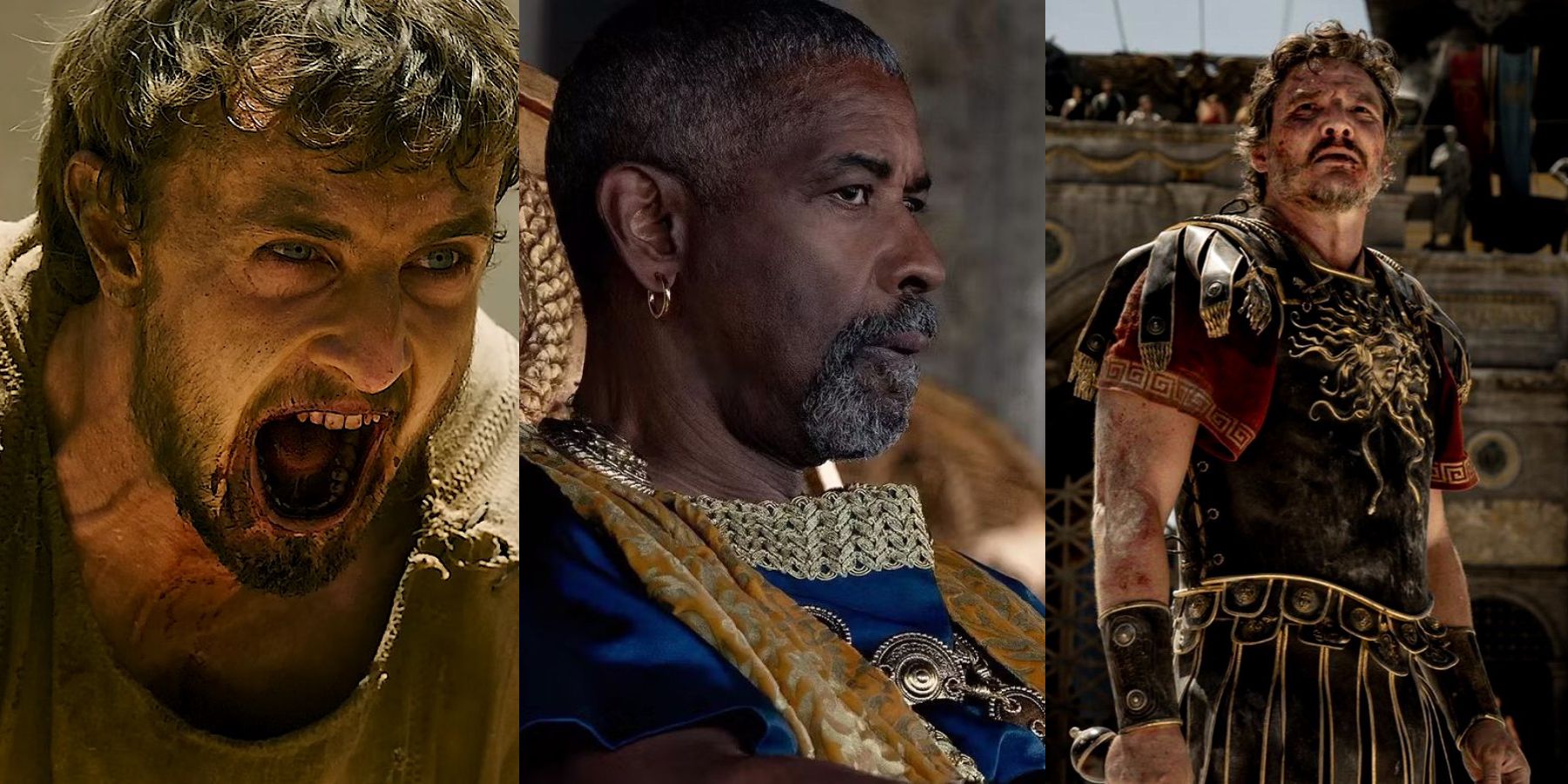
Related
Gladiator II Ending Explained
Ridley Scott ensures Gladiator II ends on a more hopeful note than its predecessor, despite the painful deaths and relentless bloodshed.
Ridley Scott Has Become An Impatient Filmmaker
In a surprising admission, while appearing on The DocFix Documentary Storytelling Podcast, cinematographer John Mathieson, voiced concerns about the 86-year-old filmmaker’s approach to filming Gladiator 2. The Director of Photography tagged the filmmaker as “quite impatient” and “really lazy,” citing his overreliance on multiple cameras and use of CGI to digitally remove equipment left visible in shots. Mathieson, who also worked with Scott on the original Gladiator, Hannibal, and Kingdom of Heaven, notes the approach affects the film’s overall visual appeal, and was a departure from Scott’s earlier movies where the lighting was a priority.
He is quite impatient so he likes to get as much as he can at once. It’s not very good for cinematography.
Matheison’s admission only confirms what many have feared about Scott: that the director prioritizes grandiosity and spectacle over substance–and that his best years are indeed behind him. Despite being one of Hollywood’s most storied filmmakers, Scott’s recent filmography has been questioned for its lackluster storytelling. Ironically, the cinematography of Gladiator 2 has been pointed out by critics as being one of the movie’s strong points.
Not everyone is discontent with Scott’s proliferation of cameras on set, though. Previous actors and crew who have previously worked with the director—such as Matt Damon and Drew Goddard on The Martian and Christopher Plummer on All the Money in the World—have praised Scott’s method as efficient, noting also that this shortend filming to five or six weeks at most. This also wouldn’t be the first time the director has showcased tidbits of what some may term “unprofessional filmmaking.” The first Gladiator actually started shooting whilst the script was incomplete and had to make adjustments along the way. Crew members had to be given days off due to the script having no way forward. Rusell Crowe even admitted to nearly leaving set in anger after reading what he felt was an underwhelming script.
Fans of the first Gladiator, who have waited more than two decades for a sequel, are likely to brush off Matheison’s comments. The spectacle shown in the trailers may prove enough to trump any feelings of cinematographic degradation. With Gladiator 2 once again positioning Ridley Scott in the Academy Award conversation for Best Director, the filmmaker himself would almost certainly be unbothered by the evolving nature of his craft, or calls for him to slow down on filmmaking, as he juggles multiple projects.
Gladiator 2 is currently showing in theaters globally.
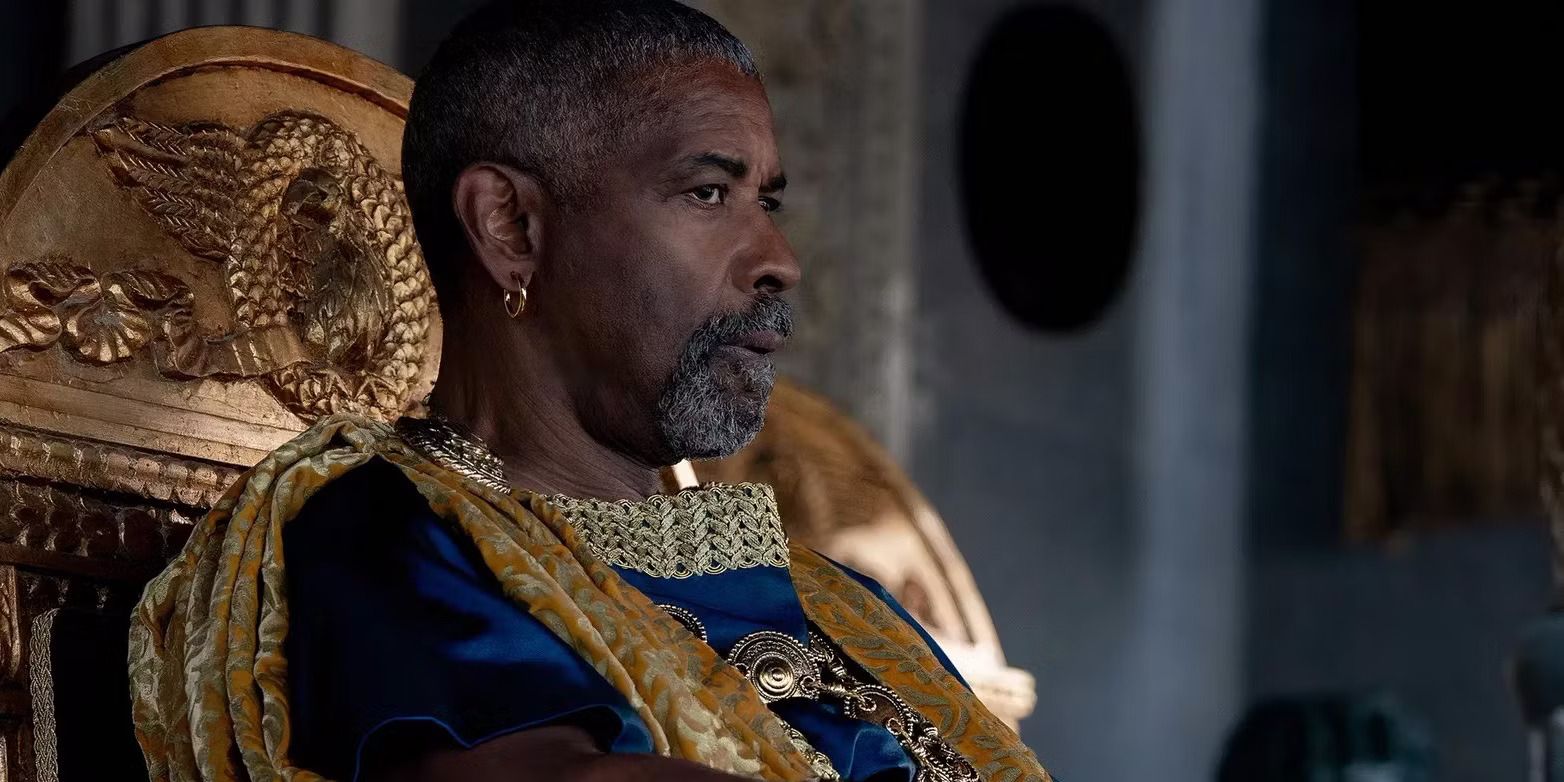
More
Gladiator II: Ridley Scott Has Changed A Lot In 24 Years
Looking back over two decades, the masterful director might be a very different creator than he was back in 2000.
Source: The DocFix Documentary Storytelling Podcast
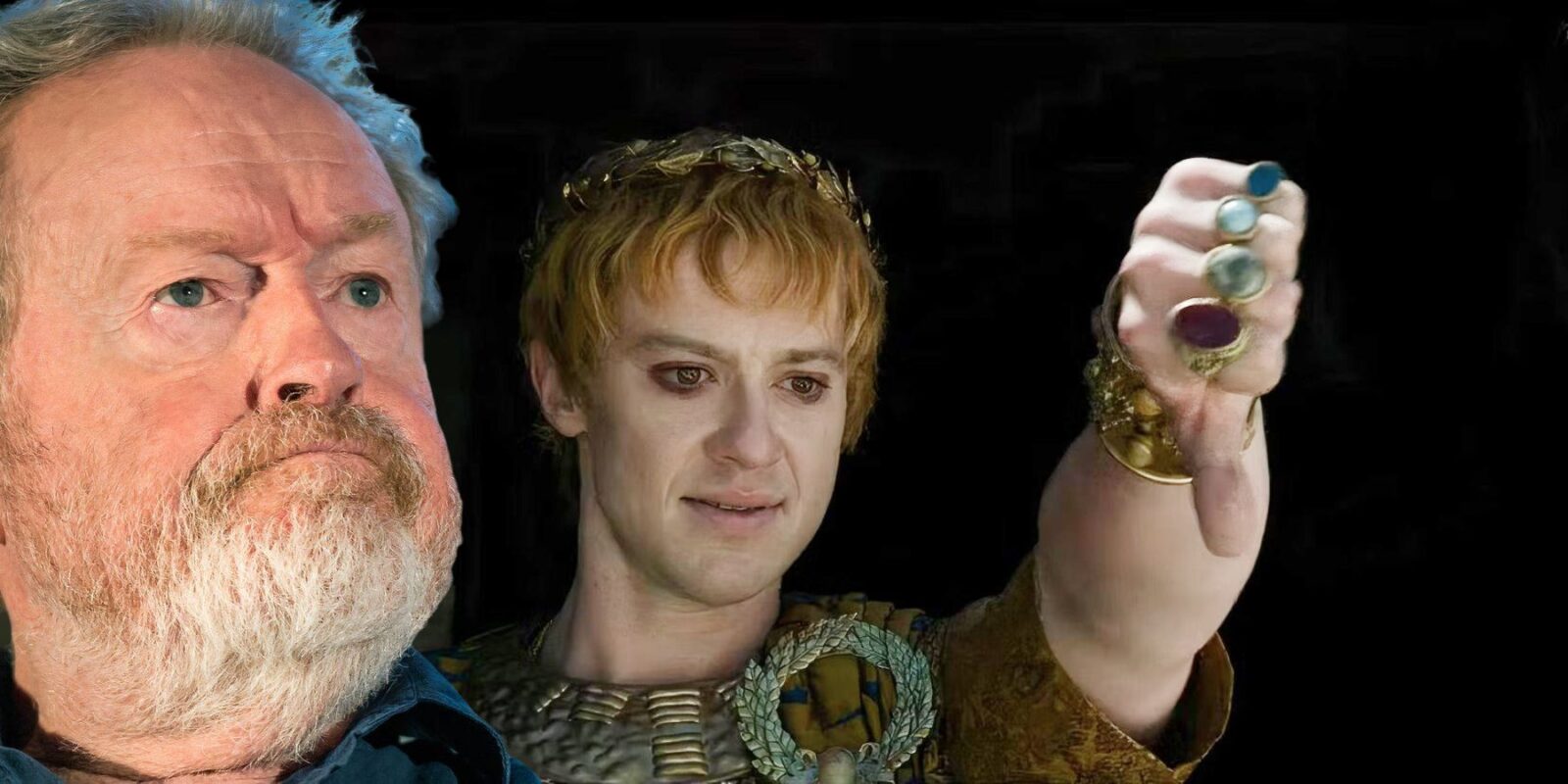

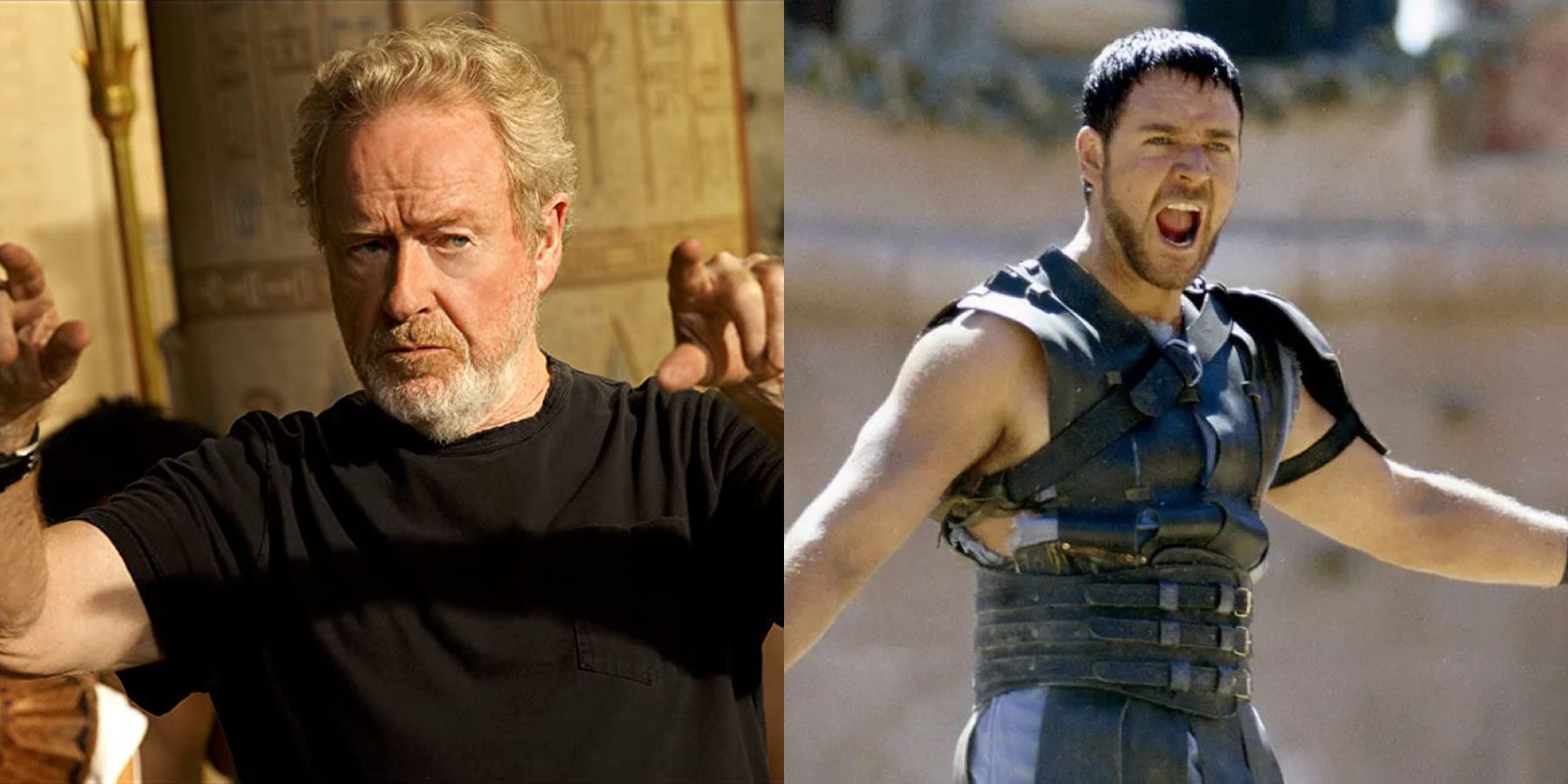





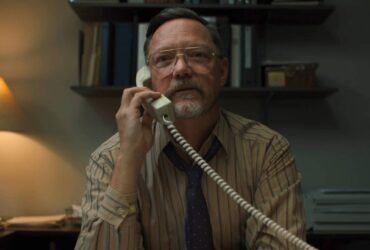
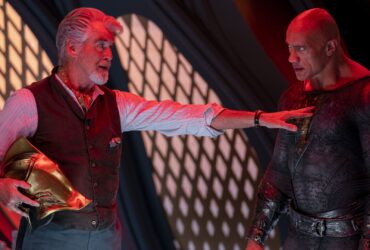



Leave a Reply